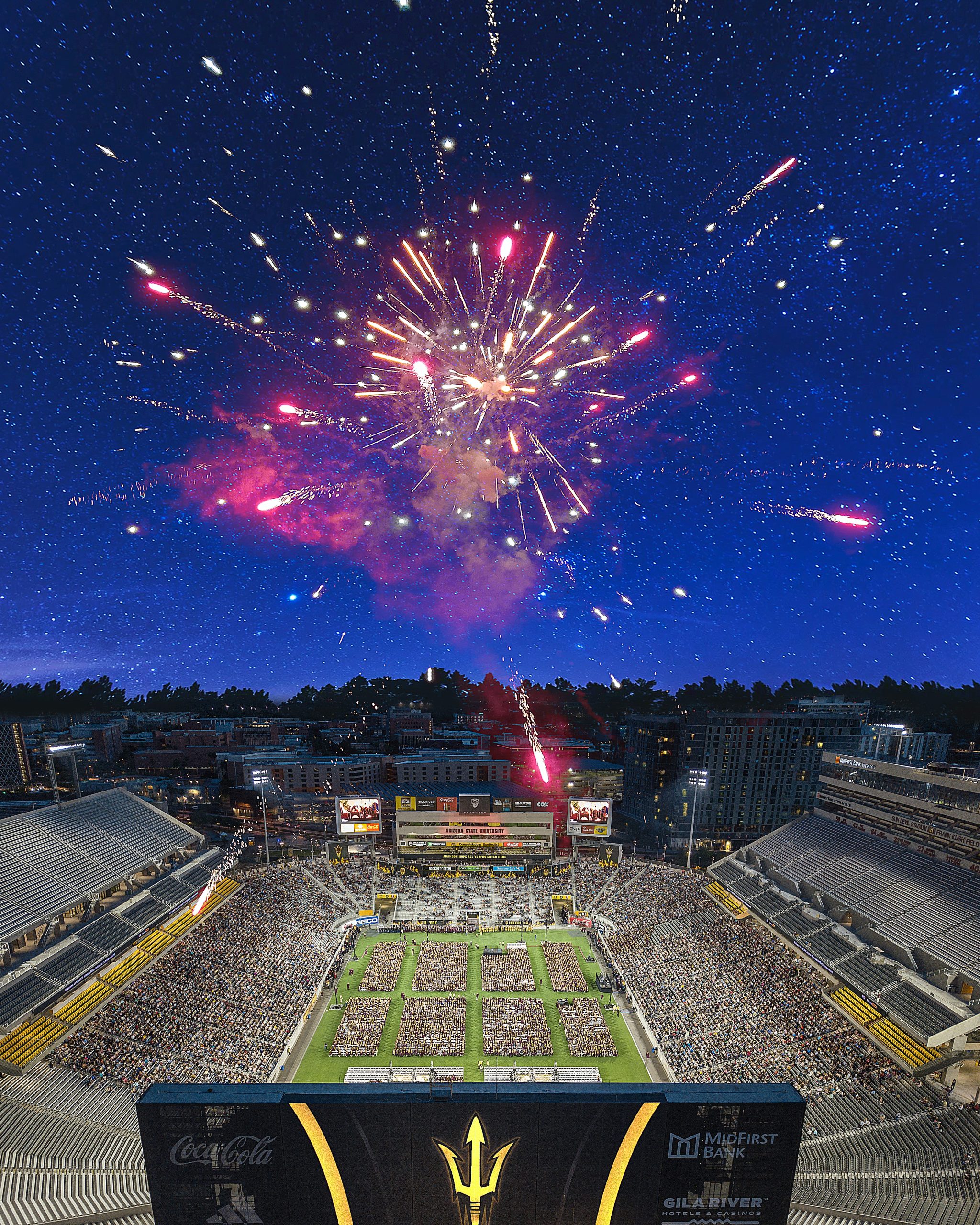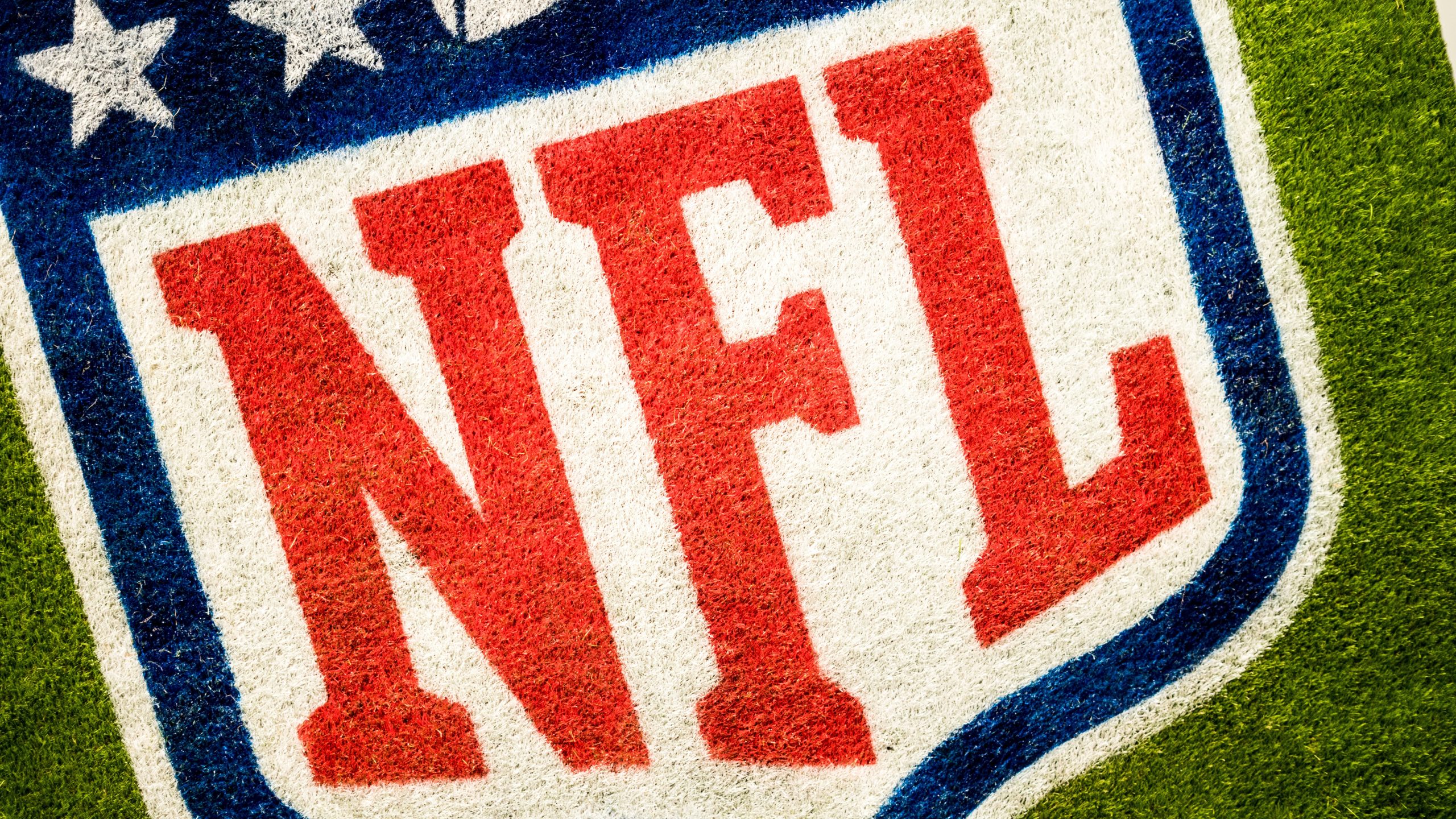The National Football League (NFL) occupies a unique space in the world of sports. While it is undoubtedly a sports league, the multifaceted nature of its operations has led to ongoing debates about whether it should be primarily considered a sport or an entertainment business, where people have fun and use a wallpaper maker to create their favorite team’s images for they computers and smartphones. In this exploration, we will dissect the various elements of the NFL’s structure, analyze its commercial aspects, and ponder the intricate balance between the athleticism of the game and the entertainment spectacle that surrounds it.

The Athletic Foundation
At its core, the NFL is undeniably a sports organization. The league brings together elite athletes who compete at the highest level of American football. The physical prowess, strategic acumen, and teamwork displayed on the field are central to the league’s identity as a sporting entity. The dedication and skill of NFL players contribute to the league’s status as a premier sports competition.
1. Athletic Excellence
The NFL showcases some of the most exceptional athletes globally, celebrated for their prowess, dedication, and commitment to the game. The league’s emphasis on talent and competition aligns with the fundamental principles of sports.
2. Competition and Championships
Like any traditional sports league, the NFL features a structured competition format leading to a climactic championship game—the Super Bowl. The quest for victory, the thrill of competition, and the pursuit of athletic excellence are pivotal elements ingrained in the league’s sporting nature.
3. Fan Base
The NFL’s immense fan base further reinforces its status as a sports entity. Fans invest emotionally in their favorite teams, celebrating victories and enduring defeats, showcasing the deeply rooted connection between the league and its supporters.
The Entertainment Business Aspect
While the NFL undeniably operates as a sports league, its approach to entertainment is equally significant. The league has successfully transformed itself into a year-round spectacle, with events and initiatives that extend beyond the confines of the playing field.
1. Television Ratings and Broadcasting Deals
The NFL’s broadcasting deals are monumental, contributing significantly to the league’s financial success. The Super Bowl, in particular, is not merely a sports event but a cultural phenomenon with extravagant halftime shows and high-profile commercials, making it an entertainment spectacle that transcends sports.
2. Halftime Shows and Extravaganzas
The halftime shows during NFL games have evolved into major entertainment productions featuring top-tier musicians and performers. These spectacles draw in audiences beyond traditional sports enthusiasts, creating an intersection between sports and mainstream entertainment.
3. Celebrity Culture and Branding
The NFL has cultivated a culture where athletes are not just sports figures but celebrities. The league’s stars transcend the boundaries of sports, becoming influential figures in popular culture. This blurring of lines between sports and entertainment contributes to the league’s broader appeal.
4. Marketing and Merchandising
The NFL is a marketing powerhouse, capitalizing on its brand to sell merchandise, tickets, and various products associated with the league. The iconic team logos and player branding contribute to the league’s identity as an entertainment business with a global reach.

The Interplay Between Sport and Entertainment
The dichotomy between sport and entertainment within the NFL is not necessarily a contradiction but a delicate balancing act. The league’s ability to harmonize athleticism with entertainment has been a key factor in its sustained success.
1. Revenue Generation
The NFL’s significant revenue streams are a testament to its success as both a sports league and an entertainment business. Revenue from broadcasting rights, sponsorships, and merchandise sales underscores the league’s prowess in navigating the realms of both sport and entertainment.
2. Global Appeal
While the NFL is undeniably rooted in American football, its global appeal extends far beyond national borders. The league’s efforts to cultivate an international audience showcase its ability to transcend cultural boundaries, leveraging the entertainment aspect to engage diverse audiences worldwide.
3. Social and Cultural Impact
The NFL’s influence extends beyond the field, impacting societal conversations and cultural discourse. From social justice initiatives to community engagement programs, the league’s reach reflects its role as a cultural force that goes beyond the realm of traditional sports.
Is the NFL a sport or an entertainment business? The answer lies in the nuanced interplay between these two facets. The NFL has effectively embraced its identity as both a sports league and an entertainment juggernaut. The athleticism, competition, and dedication to the game are fundamental to its sporting nature, while the expansive entertainment initiatives, marketing endeavors, and cultural impact showcase its prowess as an entertainment business.
In essence, the NFL has become a hybrid entity, seamlessly integrating sports and entertainment to create a compelling and multifaceted experience for fans and viewers. The league’s ability to navigate this delicate balance has contributed to its enduring success, making it not just a sports league but a cultural phenomenon that transcends the boundaries of traditional athletics.
